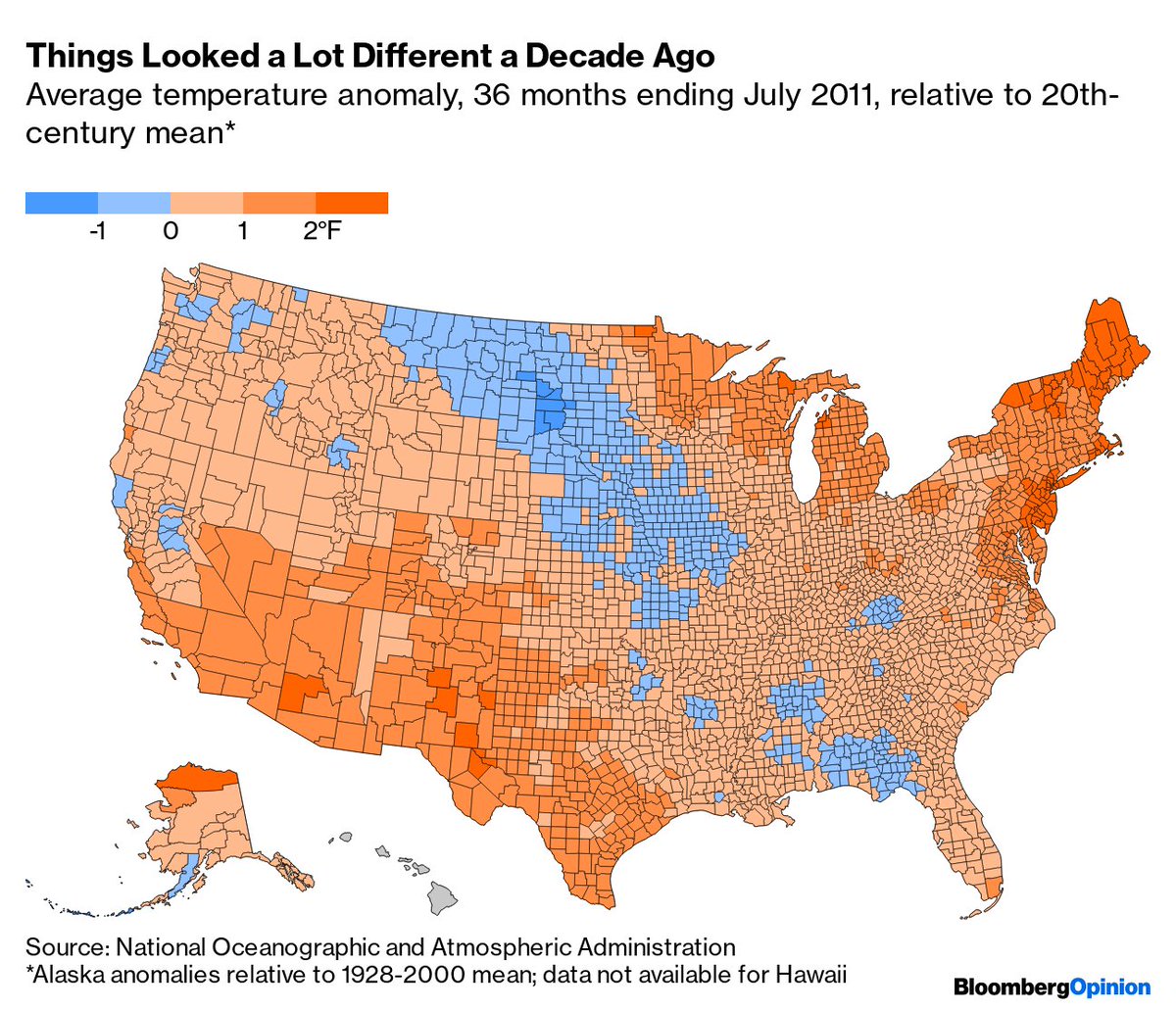This isn't going to be any solace for NYC parents who just got the news that schools will be reopening even later than promised, but being stuck at home this year seems to have saved kids' lives. A new column, and a mortality-statistics filled thread 1/n bloomberg.com/opinion/articl…
Here are deaths by age group for the U.S. for Feb. 2-Aug. 1 and the more or less equivalent period in 2018 2/n 

And since anybody familiar with CDC mortality reporting will reply, "But those July 2020 numbers aren't complete yet!" here's what the chart looks like if you stop counting on May 30. Kids 5-14 actually had a mortality decline during spring that mostly disappeared over the summer 

This phenomenon is most definitely *not* unique to the U.S. It looks like most affluent countries have had fewer child deaths than normal so far this year. 4/n 

HT to @lymanstoneky, who was the first person I saw pointing this out, in July
https://twitter.com/lymanstoneky/status/1281639425605345281?s=20
Although it looks like @InseeFr, the French national statistics agency, beat him to it by a couple of weeks. Their said it was “probably due to containment measures that can act on other causes of death, particularly accidental” 6/n insee.fr/fr/statistique… 

To be sure, mortality is always really low among kids (not infants), and the declines this year certainly don't justify shutting down schools all the time ... 7/n
... but @lymanstoneky suggests that longer winter school breaks (because that's when infectious disease-risk is highest) and shorter summer ones would save a bunch of kids' lives 8/n
Infant mortality, on the other hand, is really high, and it's higher in the U.S. than in any other affluent country. So the fact that deaths among those less than a year old have fallen by 12.3% in the U.S. is pretty significant 9/n
The decline in premature births is a related phenomenon 10/n nytimes.com/2020/07/19/hea…
And hey, look what has happened in a place that already had reasonably generous maternal leave and a high standard of universal prenatal care! The infant death decline in England and Wales has been much smaller than in the U.S. 11/n 

A couple of final thoughts: Developing countries probably won't get this child-mortality bonus, and even in rich ones it's a short-term thing that may eventually be swamped by the negative after-effects of missed school, economic dislocation, etc. ... 12/n
But if we're going to undertake a mass worldwide experiment like this we might as well try to learn from it! 13/13 bloomberg.com/opinion/articl…
• • •
Missing some Tweet in this thread? You can try to
force a refresh



















